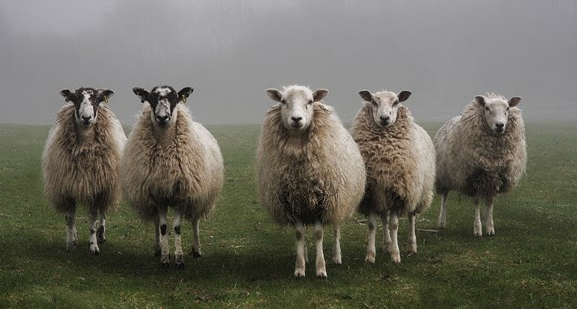AS WE speed towards the end of November many of us will be looking forward to the Winter Fair at the beginning of next week. The event is always greatly anticipated and the FUW group will of course be there again with a stand next to the cattle ring. Members, friends and family are warmly invited to join us for a catch up and cuppa over the two days. Whilst some might be thinking about slowing down towards the end of the year, our policy team has been doing the exact opposite and is responding to a myriad of consultations and gathering responses from members across the country.
An inquiry we recently responded to and one which is hugely important in shaping the future of agriculture for Wales is of course the Environment, Trade and Rural Affairs Committee (ETRA) Inquiry into the Agriculture (Wales) Bill. The powers contained within the Bill provide tenants with a route to dispute a resolution where a restrictive clause in the tenancy agreement may prevent the tenants from diversifying into non-agricultural activities, such as environmental land management.
Whilst we cautiously welcome extending the dispute resolution procedure to Farm Business Tenancies (FBT), such changes aren’t a ‘silver bullet’ for the problems facing tenants and their potential exclusion from the Sustainable Farming Scheme. We were very clear in our response that the SFS scheme must also work for tenant farmers and we will continue our lobbying activities to make sure that the SFS is designed in a way which does not exclude participation by tenants.
The degree to which tenant farmers are particularly vulnerable to changes in payment systems, particularly those linked to environmental public goods and multi-annual contracts, cannot be emphasised enough. Mitigation measures such as changes to tenancy law, shorter contract terms, potential changes to tenancy law, contracts which do not run for prohibitively long time periods and outcomes achieved through agricultural activity and the provision of advisory services for tenants and landlords would mark a step towards reducing adverse impacts and increasing inclusion. However, the degree to which these would truly negate the problems inherent to moving from annual direct support to one based on Sustainable Land Management objectives under multiannual contracts is negligible.
As such, the introduction of a scheme, such as the proposed SFS, which is focussed only on environmental outcomes would exclude large numbers of tenants, thereby compromising their businesses and placing them at a competitive disadvantage. The result is likely to be large pockets of land outside the scheme and could result in land being taken in hand by landowners, thereby disenfranchising tenants.
Indeed, the prevalence of annual FBTs, the limited control a tenant has over land, restrictions in farm tenancy agreements, the need to seek a landlord’s consent for work and the length of tenancy agreements compared with agri-environmental scheme contract durations remain significant barriers to the inclusion of tenants.
It should also be noted that in many cases, the reluctance of landlords to provide consent for work – including in relation to investments – may be wholly rational, given the long term adverse impacts work or actions may have on the agricultural value of land, or the affordability of compensating existing tenants for work and structures.

















